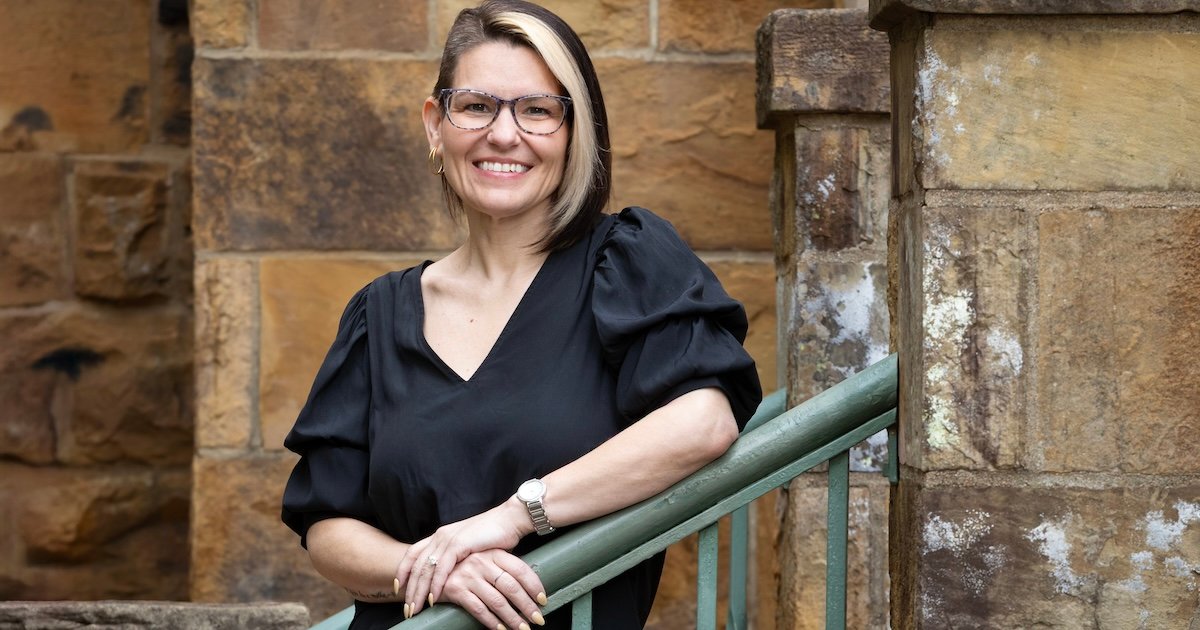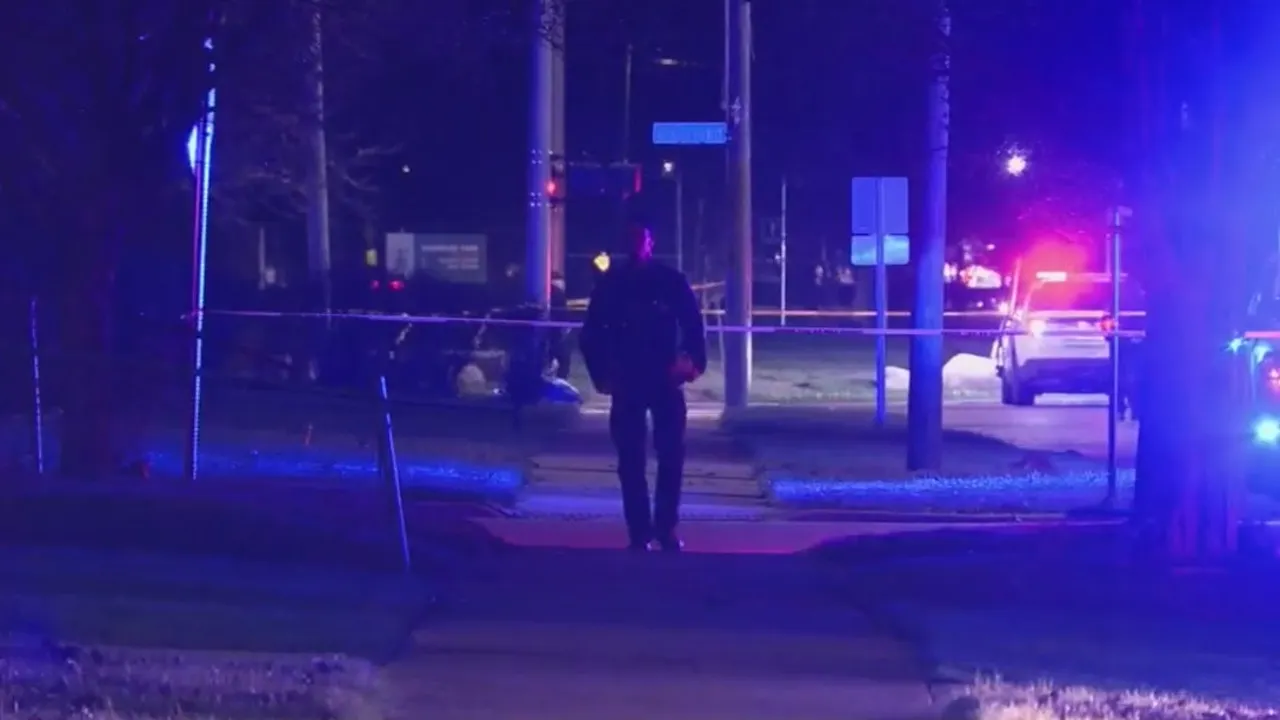The University of Arkansas has received $10 million from the Arkansas Department of Human Services (DHS) to establish a central Crisis Hub and a Crisis Continuum aimed at supporting individuals with behavioral health needs in the state. This initiative was announced on May 21 and will be led by Johanna Thomas, the director of the University’s School of Social Work.
Thomas highlighted the current lack of a coordinated statewide crisis care system in Arkansas for both children and adults. She stated, “What we’re creating begins with prevention and early intervention, focusing on crisis intervention and providing follow-up treatment for those in need.”
With over a decade of experience in implementing and evaluating behavioral health programs, Thomas will collaborate with a team from the UA’s Fulbright College of Arts and Sciences. This team includes Mark Plassmeyer from the School of Social Work and Shaun Thomas, Mindy Bradley, and Kayla Allison from the Department of Sociology and Criminology.
The team will work closely with DHS to coordinate the program, allocate subgrants, and execute the strategic plan for statewide prevention, early intervention, and crisis services. The initiative will particularly focus on infant mental health, school-based behavioral health, and treatment for mental health and substance abuse issues among adults, especially pregnant and postpartum women.
Governor Sarah Sanders emphasized the need for a statewide response to mental health and addiction, stating, “These challenges aren’t unique to Arkansas, but we do have a unique opportunity to address them collaboratively to prevent and treat all Arkansans.”
Seven locations across Arkansas will serve as pilot sites for the crisis care continuum, including El Dorado, Monticello/Warren, Fort Smith, Fayetteville, Jonesboro, Helena, and Little Rock. These sites are expected to begin operations in phases starting from late 2025 to early 2026, with full operation by mid-2026.
Thomas mentioned that a funding opportunity notice for the central crisis hub and mobile crisis teams will be issued, with priority given to establishing a central line for crisis calls. While it is difficult to predict the number of individuals who will utilize these services, the need is evident across the state.
Statistics reveal that in 2020, Arkansas was ranked as the “least healthy state” in the U.S., with 17.5% of adults reporting frequent mental distress, compared to the national average of 13.2%. Approximately 457,000 adults in Arkansas have a mental health condition, with 125,000 suffering from a serious mental illness. Alarmingly, 145,000 adults with mental health conditions did not receive the care they required, and 40% reported symptoms of anxiety or depression.
Additionally, 583 Arkansans died by suicide in 2020, representing over 19 per 100,000 people, compared to about 13 per 100,000 nationally. Suicide ranked as the second leading cause of death for individuals aged 25-34 and the third for those aged 10-24. These figures underscore the urgent need for effective mental health interventions across the state.



